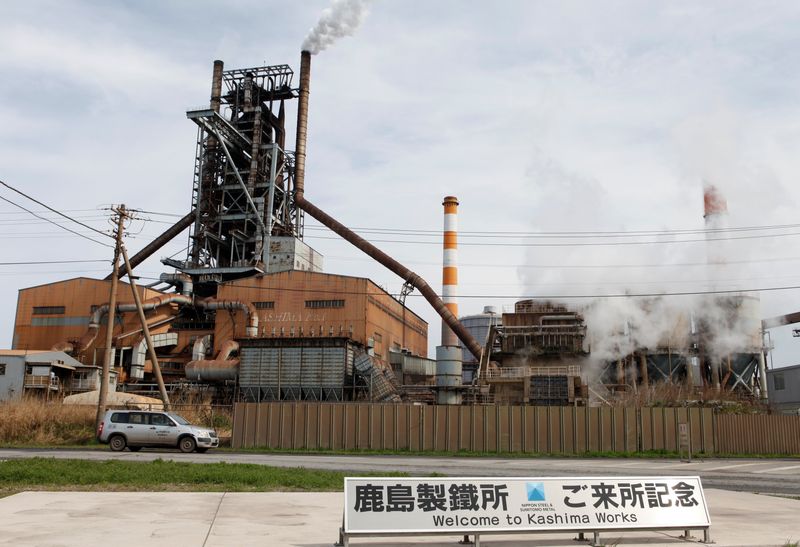By Tim Kelly and Nobuhiro Kubo
TOKYO (Reuters) -One of the frontrunners to become Japan’s next premier said on Friday that reports the U.S. is poised to block Japan’s Nippon Steel from buying U.S. Steel over national security concerns is “very unsettling” and could dent trust between the allies.
The White House is close to announcing that President Joe Biden will block the $15 billion deal, Reuters reported on Wednesday. A letter sent to the companies, and seen by Reuters, said the takeover could hurt the supply of steel needed for critical U.S. transportation, construction and agriculture projects.
“I find what the United States is saying (about Nippon Steel) to be very unsettling, making such statements or actions that could undermine the trust of its allies,” Ishiba told Reuters in an exclusive interview.
“Recently the U.S. is tending to impose deals and threats even on its allies, this is true not only with NATO countries but also now with Japan. I question whether that is really a fair approach. It is extremely important for the Japanese government to discuss these matters sincerely, earnestly, and logically.”
Ishiba is running to become the leader of Japan’s ruling Liberal Democratic Party, and by extension the next prime minister, on Sept. 27. Public opinion polls consistently put him among the most popular candidates, although the leadership vote is restricted to party members.
Japanese companies , especially those considering investing in the U.S., are also closely watching Washington’s review of Nippon Steel’s deal, Japan’s biggest business lobby Keidanren said on Friday.
“We sincerely hope that the review procedure (in the United States) will be conducted with the utmost integrity and fairness in accordance with the law,” Keidanren said in a statement.

The deal, facing growing bipartisan political opposition ahead of the U.S. presidential election, has caught the attention of Japanese companies as Washington is Tokyo’s closest ally and Japan is the biggest foreign investor in the U.S.
Keidanren’s statement comes after the Japan-U.S. Business Council, a Washington, D.C.-based industry group representing major Japanese firms, said on Thursday it was seriously concerned by the reports Biden was going to block the sale.


